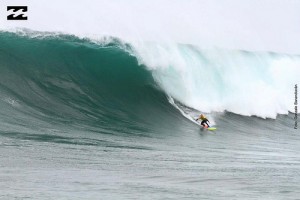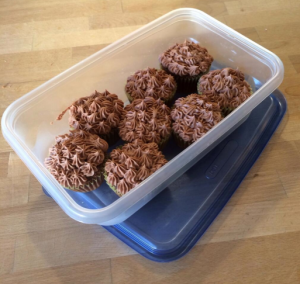The journey of teaching is one of evolution. Shifts in content, growth in expectations of student engagement and tranformations of technology including the arrivals of “new” technologies such as power point and twitter (each new at one point int time as John Boyer noted in his Intro to Learning Technologies (#ILT) talk).
As educators, we try to surf on or before the crest of this every moving wave, but what powerful forces drive it forward?

Photo by Jeff Rowley Big Wave Surfer. Creative commons license, some rights reserved.
Necessity is the mother of all innovation – in John’s case it was growing class sizes necessitating being able to interact with 5000 students, and evolving based on observation of students’ beahviour including signs of them becoming disengaged that lead to twitter, live streaming with chatrooms and recorded lectures with students remotely watching. What is weighing on you that might just be the couterweight to a really great slingshot?
Possibility raises temptation to try and the potential to succeed – We can be inspired to fly, given wings by a critical mass of students (such as John’s big class where there is enough students that enough get behind any technology), or even get pushed enough to the edge where anything is better than status quo. What would such air under our wings feel like and where could we go?
Support for we all get along with a little help from our friends – John introduced us to his tech wizard sitting just off screen (Katie). He also suggested we check out what is available at one’s university (including for those of us at the UofS the talents of #ILT instructor Heather Ross). What support exists to lift you up or could exist to help you float?
In education, just as the seas waves have and will aways be. And as we fling, fly and float among the waves, how differently will the courses we teach today will look in the future in content, form, purpose, and functioning!

